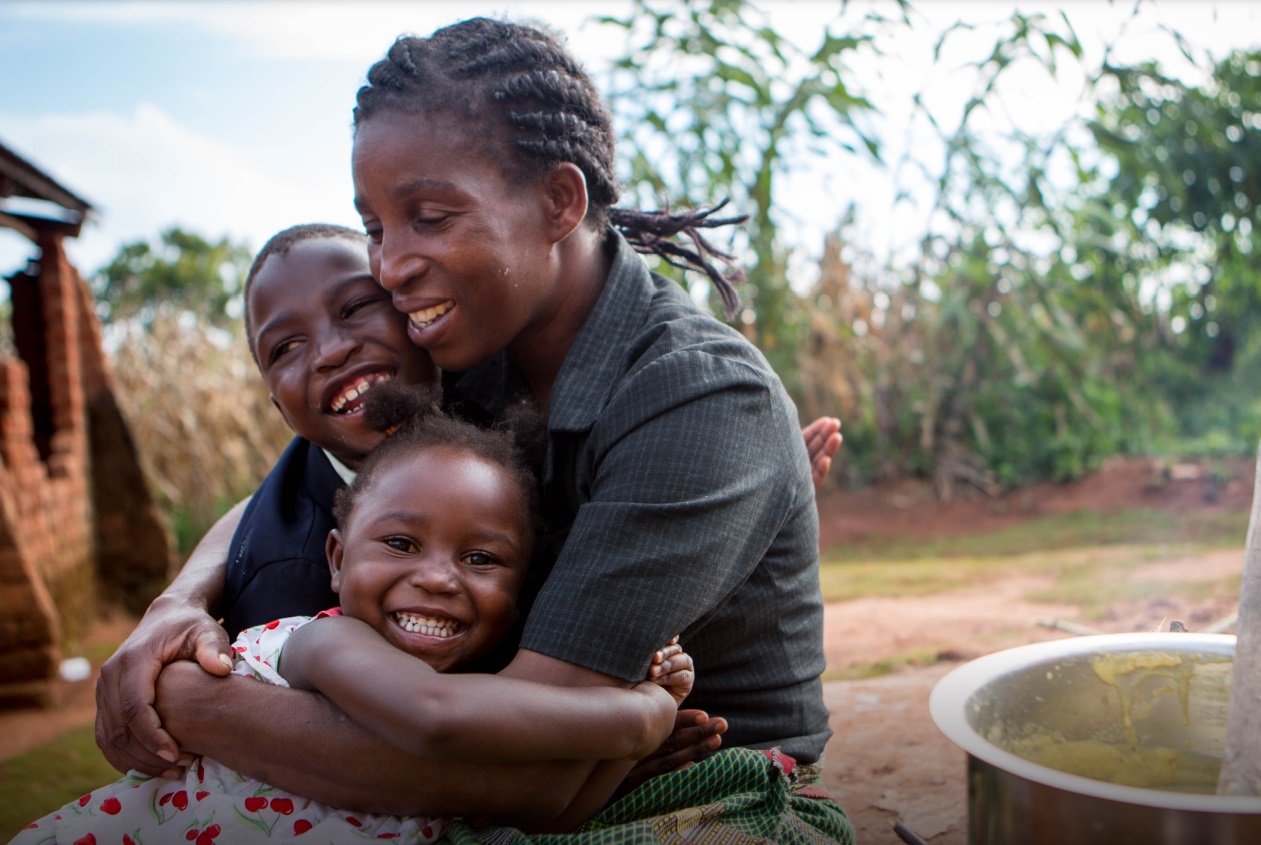The report outlines the progress and achievements in the triple elimination of vertical transmission of HIV, syphilis, and hepatitis B in Eastern and Southern Africa (ESA) over the last two decades. The data mentorship programme aims to strengthen national health management information systems, improve data quality, and build the analytical skills of government staff working towards elimination. It employs a unique partnership model with the private sector, academia, and government officials, focusing on capacity building through virtual and in-person mentoring, online learning platforms, and workshops. The programme has shown early successes, with mentees from various countries implementing operational plans to improve data quality and analysis in their respective countries.
Empowered mentees are taking up leadership roles that directly support national programmes and 'Path to Elimination' validation processes. The geographical expansion of the programme and the continuous exposure of mentees to technical learning opportunities will further enhance each country’s preparedness towards the 'Path to Elimination' and validation. The design, approach and delivery of this programme can be used as a blueprint for building national and regional capacity, skills building, and mentorship. While this particular data mentorship programme focuses on vertical transmission and the Path to Elimination, the principles of data quality, data sources, collection and reporting, data visualisations, and data use remain consistent across healthcare programmes and can be applied more broadly to build data use capacity in maternal, newborn, child and adolescent health and sexual and reproductive health.
